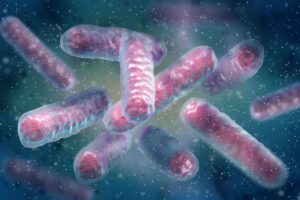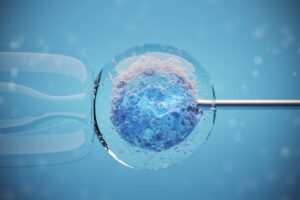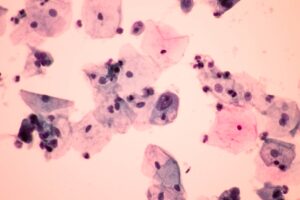vaginal microbiota
Gynecology, Pediatrics
The findings of a recent study show that a mother’s vaginal microbiota does not affect infant gut microbiota composition and development.
Gynecology, Pediatrics
The findings of a new study support the ‘sterile womb’ hypothesis and may help scientists avoid pitfalls of contamination in the analysis of samples where microbes are expected to be…
Industry
Lactobacillus plantarum P 17630 has obtained marketing authorization from the health authorities of the first group of EU states for the topical vaginal drug in soft and hard capsules.
Industry, Video
Gynecologist Franco Vicariotto and Virginia Franco, CEO and Co-Founder Yoni Solutions, discuss how personalized analysis and personalized therapy are within the reach of today's woman.
Gynecology
The findings of a new research suggest that obesity-induced changes in the vaginal microbiota can affect the immune responses against viral infection.
Gynecology
If maternal-child microbial seeding improves health outcomes, it may be a public health strategy that could reduce the prevalence of C-section-associated diseases.
Gynecology, Pediatrics
Restoring a baby’s natural exposure to maternal vaginal microbes after a C-section birth can normalize the development of the microbiota in newborn.
Gastroenterology, Gynecology
The findings suggest that delivery mode, rather than birth canal exposure, has a strong influence on the composition of the infant microbiota.
Gynecology
Researchers have found that alterations of the vaginal microbiota are associated with the success of in-vitro fertilization.
Gynecology, Oncology
Researchers have identified potential microbial markers that could identify women with HPV infection at risk for progression to cervical cancer.











